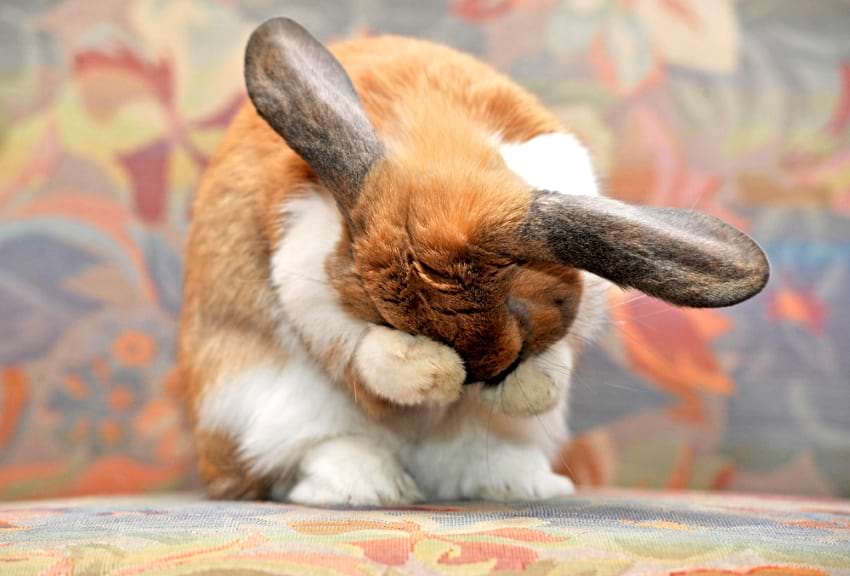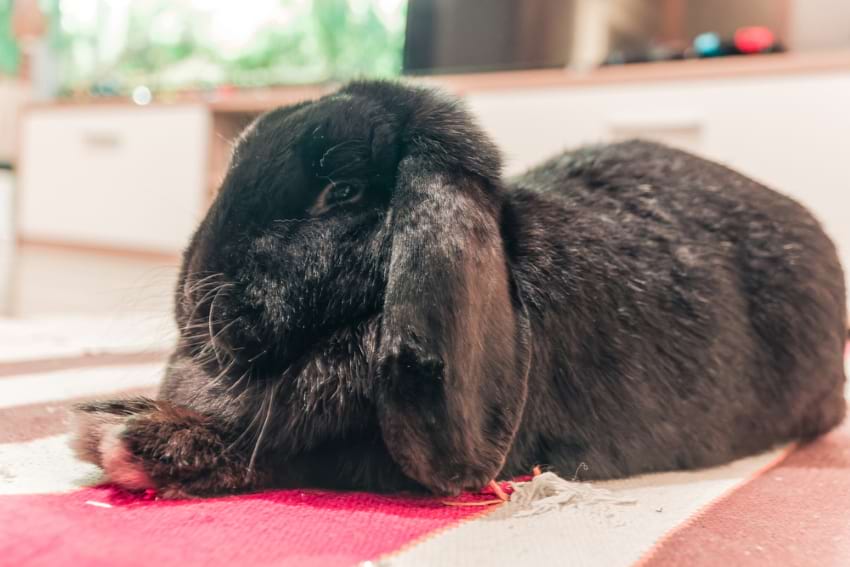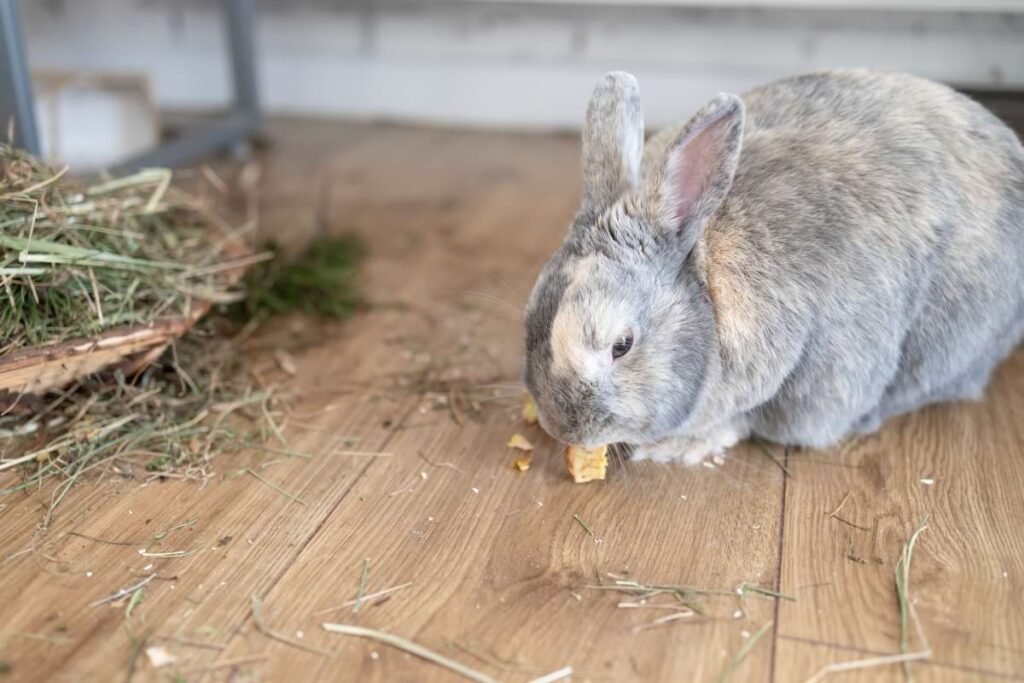Rabbits are undeniably cute, with their fluffy appearance and sweet demeanor. However, they are not the easy starter pets some may believe them to be.
Owning a rabbit requires a significant commitment of time and effort. They are just as demanding as any other pet and can be quite costly as well.
Read on to discover the challenges of rabbit ownership so that you can make an informed decision before embarking on a decade-long journey.
1. Rabbits Are Not Suitable For Small Children
Rabbits are not ideal pets for young children. Unlike dogs or cats, children cannot interact with rabbits in the same way. Additionally, rabbits are not as affectionate as children might expect from a pet, leading to potential disinterest.
They do not thrive in loud or high-energy environments created by children. Furthermore, young children may struggle to handle rabbits properly, putting both the rabbits and the children at risk of injury.
2. They Are High-Maintenance

Rabbits may seem low-maintenance at first glance, but they actually require a lot of care. They need to be litter-trained to avoid constant cleaning, and their living space must be kept clean to prevent unpleasant odors.
3. Rabbits Need a Quiet Atmosphere
Rabbits are easily stressed by constant noise and commotion. They thrive in peaceful environments and struggle in loud or high-activity settings. Providing them with a quiet space is essential for their well-being.
4. They Are Habitual Chewers

Rabbits have a natural instinct to chew and dig. Providing them with appropriate items to chew on is essential to prevent destructive behavior. Despite bunny-proofing efforts, they may still target furniture, wires, and other items.

